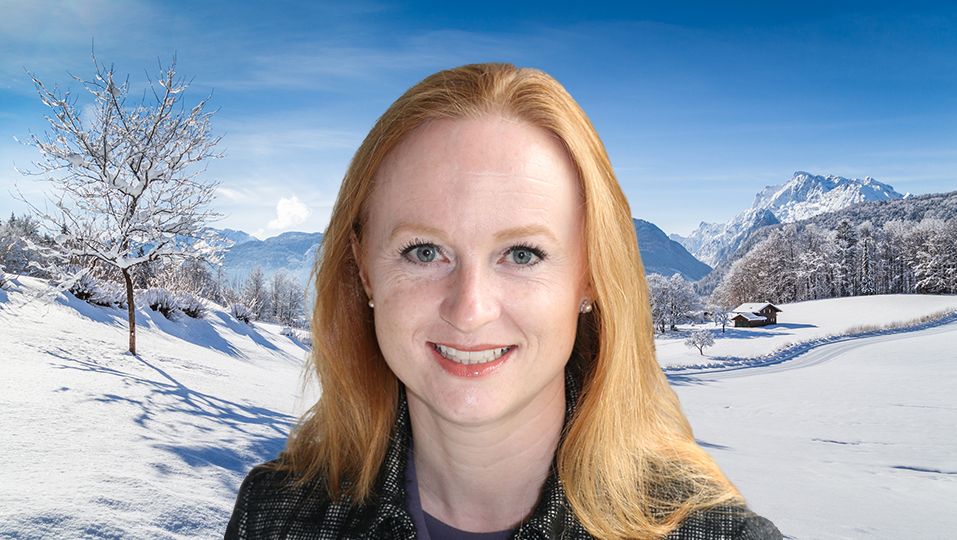In this year’s fun winter series for ESG Clarity, investment professionals in the sustainable investment industry answer questions on characters that would play them in panto, who needs to receive coal as a present, and ESG wishlists.
Here, Caroline Langley, investment director at Quilter Cheviot, shares her ESG fairy godmother and panto villains, and her New Year read.
Who would be the main character in your ESG pantomime?
Claudia Goldin would be my fairy godmother as winner of the Nobel prize in economics this year for her work researching and articulating women’s century long journey toward equity, a subject near to my heart as working woman in the City with two children and a long to-do list. And for those who donned their pink outfits and visited the cinema this summer, Barbie made us realise that switching things round isn’t the answer, we need a reimagined world. With that in mind I see the coming of age of parental leave policies that are gender ambivalent as being worthy of a festive toast.
I also think the Church of England deserves a leading role for kick-starting widespread charitable fossil fuel divestment – ‘nudge economics’. In June this year, the Church Commissioners for England, which manages the Church of England’s £10.3bn endowment fund, communicated that it would exclude all remaining oil and gas majors from its portfolio, and will exclude all other companies primarily engaged in the exploration, production and refining of oil or gas, unless they are in genuine alignment with a 1.5°C pathway, by the end of 2023.
See also: – ‘Alarming’ UK water issues require rigorous regulation
Which piece of ESG regulation or policy should be given coal this year?
Regulation, even if it is a burden, is mostly aiming to embed ESG issues more systematically into the financial system so I would be hesitant to give any coal. Rather I would look to the recent legislative track record of our pantomime villains – the Republican politicians in the US. Their bills aimed at restricting the rise of ESG business practices get my coal, although woe betide they burn it.
If you could have one ESG data tool that could do anything, what would it do?
A magic wand for tracing and calculating Scope 3 emissions. Despite all the progress we have been making on data reporting, this is still area an area where some companies don’t report. While quality data on Scope 3 emissions can still be difficult to produce, at times it feels like this is down to a lack of ambition, rather than not having the tools available. We are missing big improvement opportunities by not having this data readily available.
What’s on your new year ESG wishlist?
Better standardised reporting frameworks and metrics to make sure we are all singing from the same hymn sheet. The UK government’s proposed regulation of ESG ratings providers will hopefully go some way to helping on this.
Summarise a book all sustainable selectors should read in three sentences or less.
It might not help the New Year hangovers but I would leave under the tree Ministry for the Future a climate fiction book by Kim Stanley Robinson. It’s a haunting book where the reader experiences what overheating to near-death is like and witness what this trauma and guilt from surviving this does to mental health. In imagining the political landscape in a fictional UN department trying to sort the climate crisis, I was struck by the potential climate refugee issue, the potential from rewilding major wildlife corridors and the risk that eco-terrorism is part of the tapestry in the future. In a real life plot twist, Robinson has become a sounding board for politicians, economists and climate negotiators who are eager to take on his fringe ideas, like pumping water under glaciers to stop them melting.








